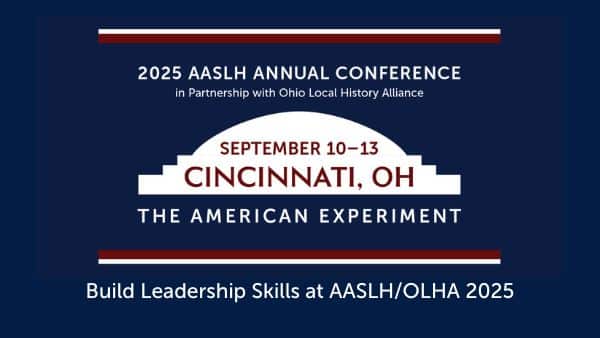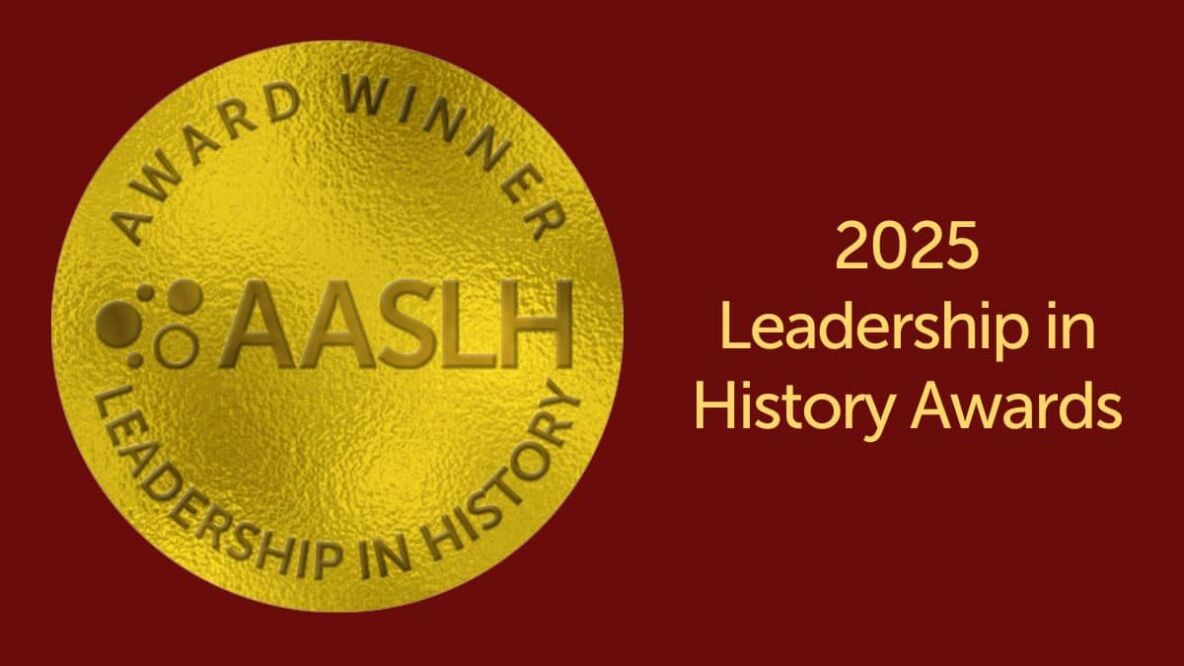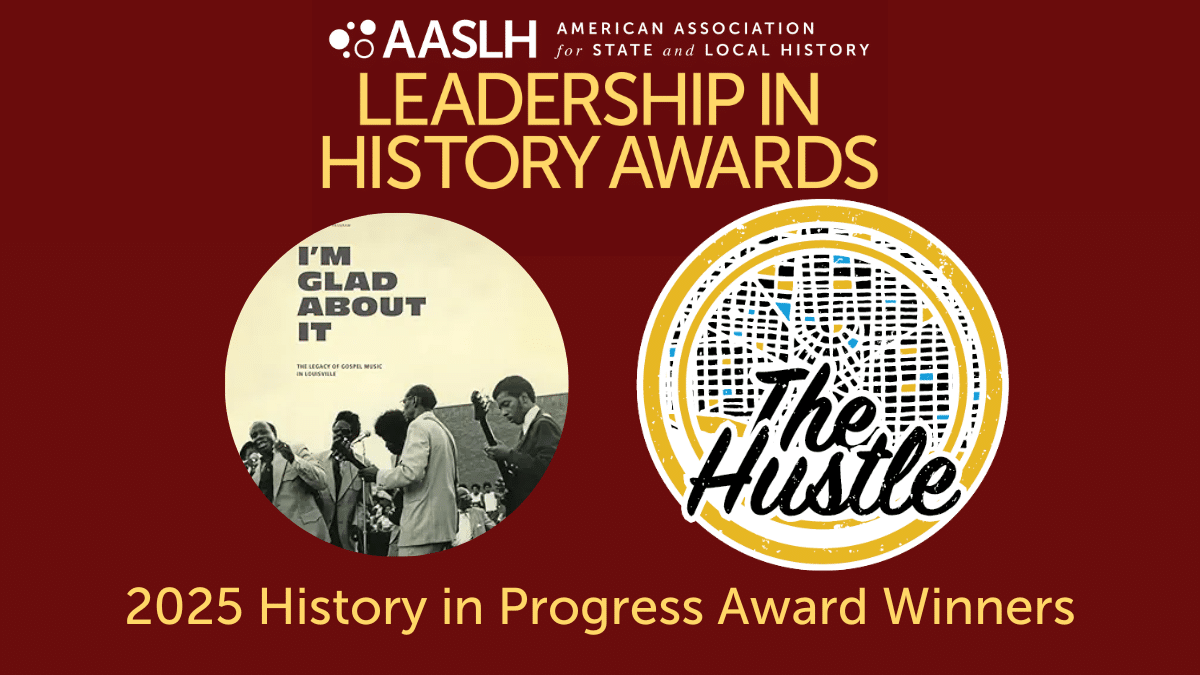
By Janaye Evans, 2020 Douglas Evelyn Scholarship for Diversity recipient
 Two things I know to be true. I believe in restorative justice. Through facilitating dialogue and proximity to history, we can facilitate healing and transformation for our communities. Restorative justice is where I find the solution to my second truth.
Two things I know to be true. I believe in restorative justice. Through facilitating dialogue and proximity to history, we can facilitate healing and transformation for our communities. Restorative justice is where I find the solution to my second truth.
I am one of the thousands of frontline museum workers laid off at the expense of institutional apathy.
I attended the 2020 AASLH Annual Meeting as a recipient of the Douglas Evelyn Scholarship for Diversity. In deciding “What Kind of Ancestor Will You Be?”, it is becoming easier to locate and name the harm in our practices. We are lifting up the undercover leaders who have been actively doing the work of dismantling these harmful structures long before 2020. It is here I want to acknowledge the colleagues I had belonging to Generation X, who were and continue to be missing in management and leadership roles but provided mentorships and guidance in resistance to a leadership devoid of love. The keepers of institutional memory. You all passed along the keys to many locked doors I may have never snuck through otherwise.
However, we run the risk of furthering harm if we do not extend ourselves the same opportunity presented from restorative justice.
The intensity of this conference highlighted a crucial fault in our industry, our inability to hold those with power accountable. I found myself witnessing a radical hope and call to arms for the future of a field I may never take part in again. I heard testimonies that either fed the soul or provided a punch to the gut.
Questions started bubbling to the surface like “Where do I have to move to work with/for any single one of the incredible Black women who made me feel both truly seen and heard throughout the conference?” and “Does Christy Coleman know just how much I love her?” Other questions coming forth came from a less warm place: “How can we evolve as a field when those who put harmful practices in place are still given a platform to speak?” and “How come when they speak, they do so without naming or acknowledging said harm?” The reality is, generations of workers and leaders have been pushed out of the field. Some doors remain locked. Hope has become elusive. Optimism seemed solely for those who have already maneuvered the restrictive structures in place, and who benefit from exclusion.
How do I find hope from the outside looking in?
In the face of a field that has continuously told me it has no space for me, I will persevere. I will continue to seek out and nourish community that sees value and purpose in the discomfort of truth-telling and in holding those in power accountable. Restorative justice begins outside of expectations: the solution to harmful structures must so too. In the confirmation of my fears, I turn to my deeper truth.
This, I believe, is where the transformation can begin to take place. We will no longer have to pass down the keys to locked doors one by one, but instead, break the locks once and for all.
Recordings of the AASLH 2020 General Sessions are now available free to download in our Resource Center, and you can still register for the conference to get access to all session recordings now.



